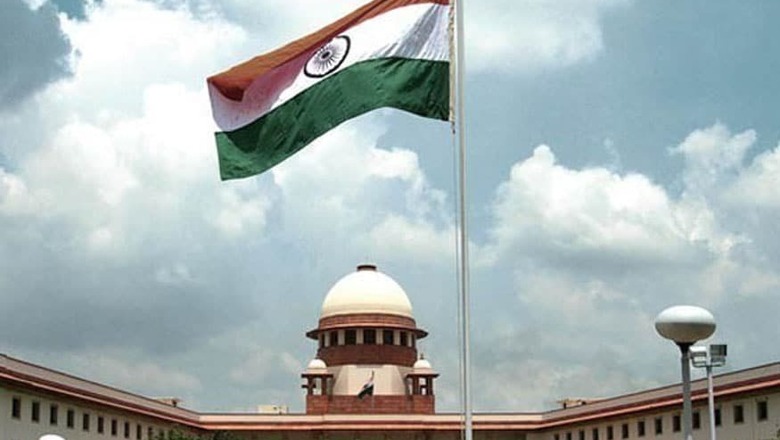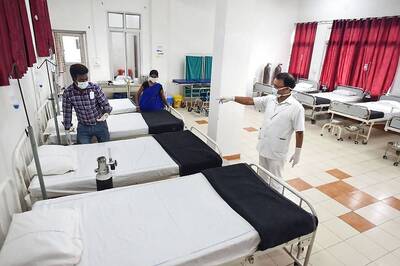
views
New Delhi: The Supreme Court on Monday granted four weeks to states, UTs and others as last opportunity to file their responses to the PIL relating to the suffering of acid attack victims across India and questioning the sale of acid in open market.
The top court, which had issued notices to 42 parties including the Centre, its various ministries and all the 29 states and Union Territories on the PIL in February 2018, noted that till now only 13 have have filed their responses.
A bench of Justices Deepak Gupta and Aniruddha Bose asked lawyer Anuja Kapur, who filed the PIL, to compile details from the affidavits filed so far by the states, on the steps taken to help the victims of the acid attacks and regulate the sale of acids in these states.
"Prepare the chart as to which states have followed the guidelines of the Supreme Court and which have not complied," the bench told Kapur.
She said that so far, the Ministries of Home Affairs and the Women and Child Development and states like Goa, Mizoram, Odisha, Sikkim, Arunachal Pradesh, Meghalaya, Karnataka, Chattisgarh and Jharkhand have filed replies.
The ministries of Social Justice and Health and Family Welfare as also states like Haryana, Himachal Pradesh, Kerala, Madhya Pradesh and Maharashtra are yet to file their responses, she said.
The PIL has sought a direction to the states and the UTs for compliance of the guidelines and various laws pertaining to the acid attack victims.
It has also sought a direction for increasing the minimum compensation amount of Rs 3 lakh for the victims, as directed by the apex court earlier, to at least Rs 12 lakh for the loss caused by such incidents, which led to partial or total disability.
It claimed that acid attacks have gone up and the top court's guidelines on prohibition on sale of acid in open market was being violated.
Kapur, in her PIL, has referred to such incidents, including the attack in December, 2017 on a 22-year-old woman in Gurgaon and a 2011 incident in Meerut in which a man was the victim.
The PIL claimed that the "procedure involved in the release of compensation and medical treatment (to such victims) are very tedious, lengthy and tiresome even after various guidelines and laws for it".
It submitted that since the existing laws and guidelines were not workable at the ground level, the victims underwent "secondary victimisation".
The plea sought a "one-window operation", which could facilitate, help and assist the acid attack victims for their survival and rehabilitation.
It alleged that compensation, to be awarded to the victims as per the apex court's guidelines, was not being provided to them.
"The PMO (Prime Minister's Office) has issued clear directions to the police departments of the states for taking strict actions against the culprits who indulged in open sale of acid, but no concrete action has been taken for the same," it said, adding that 1,189 acid attack cases were reported between 2010 to 2016.

















Comments
0 comment